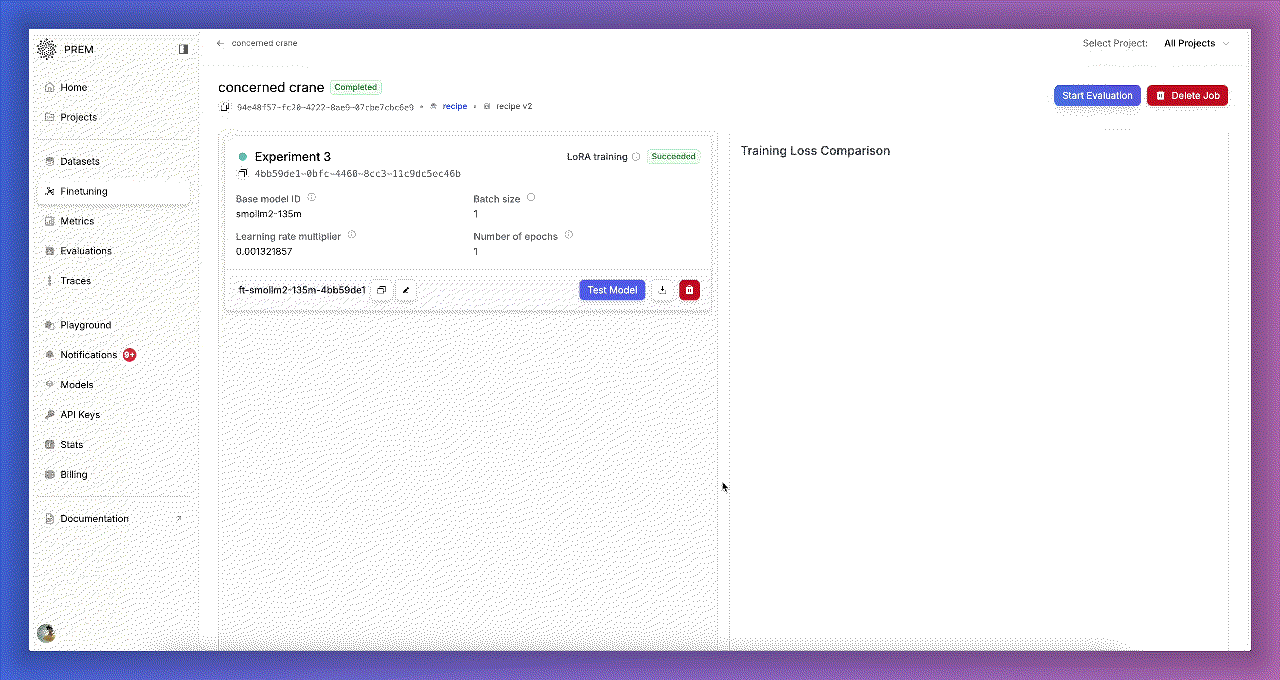from transformers import AutoModelForCausalLM, AutoTokenizer
import torch
model_path = 'path/to/your/finetuned/model/checkpoint'
tokenizer = AutoTokenizer.from_pretrained(model_path)
model = AutoModelForCausalLM.from_pretrained(model_path, torch_dtype=torch.bfloat16, device_map="auto")
SYSTEM_PROMPT = """You are a helpful recipe assistant. You are to extract the generic ingredients from each of the recipes provided."""
USER_PROMPT = """Title: Lemon Drizzle Cake
Ingredients: ["200g unsalted butter", "200g caster sugar", "4 eggs", "200g self-raising flour", "1 tsp baking powder", "zest of 1 lemon", "100ml lemon juice", "150g icing sugar"]
Generic ingredients:"""
conversation = [
{"role": "system", "content": SYSTEM_PROMPT},
{"role": "user", "content": USER_PROMPT},
]
# format and tokenize the tool use prompt
inputs = tokenizer.apply_chat_template(conversation, add_generation_prompt=True, return_dict=True, return_tensors="pt")
inputs.to(model.device)
outputs = model.generate(**inputs, max_new_tokens=1000, use_cache=False)
print(tokenizer.decode(outputs[0][inputs.input_ids.shape[1]:], skip_special_tokens=True))


